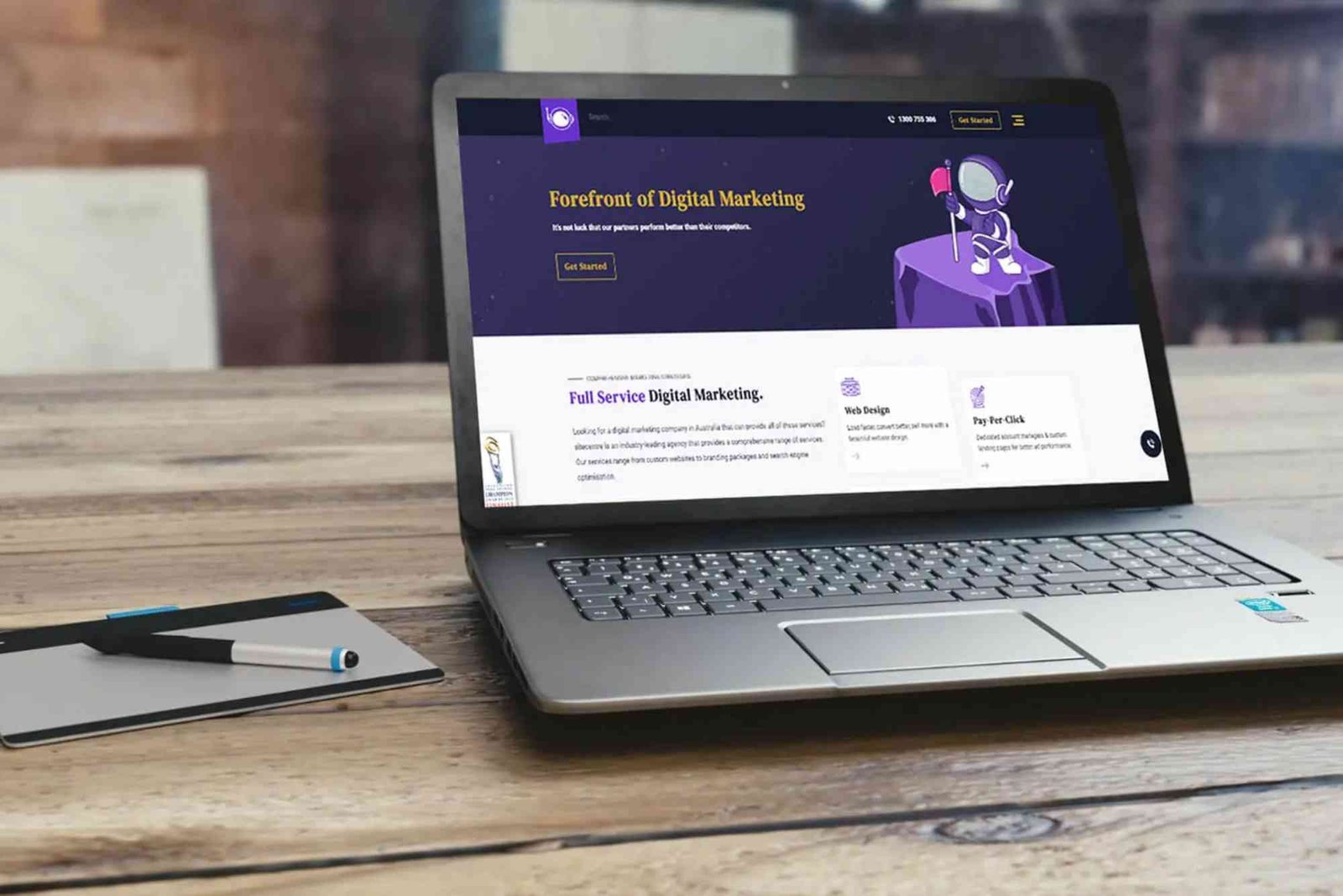In today’s digital era, where online presence can make or break businesses, the demand for digital marketing services is at an all-time high. From small startups to multinational corporations, everyone is vying for attention in the crowded online space. However, for digital marketing professionals, one of the most challenging aspects of their work is determining how to charge for their services effectively. In this comprehensive guide, we will delve into the intricacies of pricing digital marketing services, covering various factors to consider, different pricing models, strategies for setting prices, and effective ways to communicate value to clients.
Factors Influencing Pricing
The pricing of is digital marketing a good career services is influenced by several factors, each playing a crucial role in determining the overall cost to clients. These factors include:
Scope of Services Offered: The range and complexity of services provided, such as SEO, social media management, content creation, email marketing, and more.
Expertise and Experience Level: The level of expertise and experience of the digital marketing professional or agency, which can vary significantly.
Target Market and Industry: The specific target audience and industry niche being targeted, as well as the level of competition within that industry.
Time and Resources Invested: The amount of time, effort, and resources required to execute the digital marketing campaign effectively.
Competition Analysis: Researching and analyzing competitors’ pricing strategies and market positioning.
Customization and Tailored Solutions: The degree to which services are customized to meet the unique needs and goals of each client.
Pricing Models in Digital Marketing
Digital marketers have a variety of pricing models to choose from, each with its own advantages and considerations:
Retainer Model: Clients pay a fixed monthly fee for ongoing services, providing stability and predictability for both parties.
Project-Based Pricing: Pricing is based on the scope and complexity of individual projects, offering flexibility for one-time engagements.
Performance-Based Pricing: Fees are tied to specific performance metrics or outcomes achieved, aligning the interests of the marketer with the goals of the client.
Hourly Rate: Clients are billed based on the number of hours worked, offering transparency but potentially leading to fluctuations in costs.
Package Deals and Bundles: Offering bundled services at a discounted rate can appeal to clients seeking comprehensive solutions while maximizing value.
Strategies for Setting Prices
Setting the right prices requires careful consideration and strategic planning. Some effective strategies include:
Research and Market Analysis: Understanding market trends and competitor pricing to ensure competitiveness.
Value-Based Pricing: Pricing services based on the perceived value to the client, rather than just the cost of production.
Cost-Plus Pricing: Adding a markup to cover costs and ensure profitability, while also considering market demand.
Competitive Pricing: Pricing services in line with or slightly below competitors to attract clients while maintaining profitability.
Flexibility and Negotiation: Being open to negotiation while maintaining profitability, offering discounts or payment plans where appropriate.
Communicating Value to Clients
Effectively communicating the value of digital marketing services is essential in justifying pricing:
Transparent Pricing Structures: Clearly outlining pricing and deliverables to avoid misunderstandings.
Highlighting Expertise and Track Record: Demonstrating past successes and industry expertise to instill confidence in clients.
Demonstrating ROI and Results: Showing tangible results and return on investment to justify costs and build trust.
Providing Detailed Proposals and Contracts: Ensuring clarity and transparency in agreements to avoid disputes down the line.
Utilizing Zed Typing to Enhance Communication Efficiency: Leveraging efficient communication tools to streamline interactions and build rapport with clients.
Handling Inquiries and Objections
Addressing client concerns and objections about pricing is crucial for maintaining positive relationships:
Addressing Concerns About Cost: Highlighting the value and long-term benefits of digital marketing to justify costs.
Educating Clients on the Value of Digital Marketing: Providing insights into the importance of digital marketing in today’s business landscape to help clients understand its worth.
Offering Flexible Payment Options: Tailoring payment plans to meet clients’ budgetary constraints while ensuring profitability.
Providing Case Studies and Testimonials: Offering proof of past successes and satisfied clients to build trust and credibility.
Utilizing Zed Typing to Enhance Communication Efficiency: Ensuring clear and prompt communication to address concerns effectively and build rapport with clients.
Scaling Your Pricing Strategy
As your business grows, it’s important to adapt your pricing strategy accordingly:
Adjusting Prices Over Time: Regularly reviewing and adjusting prices to reflect changes in market conditions and your level of expertise.
Upselling and Cross-Selling Additional Services: Offering additional services to existing clients can increase revenue and deepen client relationships.
Offering Discounts and Incentives: Providing incentives to attract new clients or encourage repeat business while maintaining profitability.
Building Long-Term Relationships with Clients: Fostering strong relationships built on trust and mutual respect to encourage repeat business and referrals.
Adapting to Industry Trends and Technological Advancements: Staying ahead of the curve by embracing new technologies and emerging trends to remain competitive in the marketplace.
Charging for digital marketing services requires a thoughtful approach that takes into account various factors, pricing models, and communication strategies. By understanding the value of your services, effectively communicating that value to clients, and continuously adapting your pricing strategy, you can build a successful and sustainable digital marketing business. And remember, in the ever-evolving landscape of digital marketing, embracing tools like Zed Typing can help streamline communication and enhance efficiency, ultimately benefiting both you and your clients.








